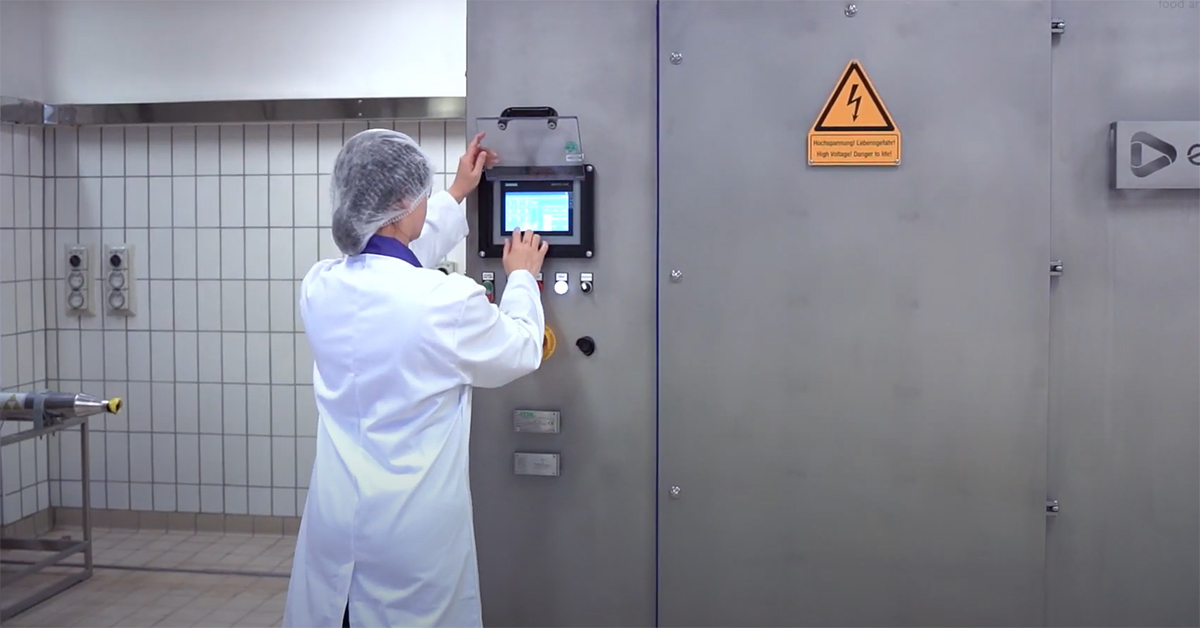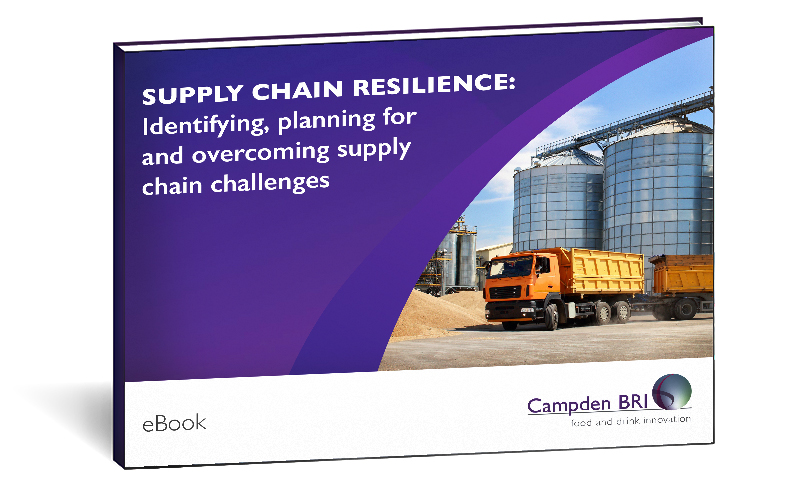
The importance of TACCP
4 December 2023 | Richard Leathers, Global Quality Lead
Since BRCGS published version 9 of its Global Standard for Food Safety, certificated food producers now need to have implemented food defence and food fraud assessments (TACCP/VACCP; Threat/Vulnerability Assessment and Critical Control Points) and further updated requirements such as training the entire Food Fraud and Food Defence Teams, or risk failing the certification process. The major food retailers have introduced similar requirements.
Companies should not wait until just before their audit to review their systems, because it involves a lot of extra considerations and there is a need to look at processes and the supply chains quite differently. Companies need to understand that this is becoming an absolute requirement of both food certification bodies and food retailers, so commercially going forward if you want to supply food in the UK and beyond you are going to have to comply and implement a robust, embedded system.
To find out how businesses can use supply chain resilience to successfully prepare for and navigate threats such as food fraud and other supply chain challenges, download the Supply Chain Resilience eBook.
Download our FREE Supply Chain Resilience eBook today! Thrive in a changing environment by being prepared, agile and resilient.

Resources
One of the guiding documents on TACCP is PAS96:2017, Guide to protecting and defending food and drink from deliberate attack, which is jointly sponsored by DEFRA and the FSA, and produced by the British Standards Institution. This freely available document outlines the process with the aim of improving the resilience of the food chain to fraud or any other attack.
There are other methods available that operate on the same principle as PAS96:2017, including systems used by the USDA and FDA in North America, and our own Guideline 72.
Key features of TACCP
Designed to align with the food safety tool HACCP, the TACCP fraud analysis tools do differ in a few key features. Given the scope of potential fraud, assessments will typically involve an analysis of more of the entire production process, including the food chain by which a product arrives at the processor. While a TACCP team would have broadly the same make up as a HACCP team, it will also include, site security, sourcing and purchasing, and IT staff, and human resources, as employees are likely to be implicated in an attack.
When dealing with deliberate or criminal adulteration companies also have to consider the potential of radiological hazards in addition to the chemical, physical and biological hazards considered under HACCP.
Another key to securing against fraud is to maintain vigilance around any changes in your supply chain that could be exploited. This includes looking out for any sudden price shifts, the unrealistic cost of a raw material, historical evidence of substitution, and the nature of a raw material. In the case of Sudan 1, it was the red nature of the chilli that provided value, so carcinogenic Sudan dyes were added to inflate price. Companies should also be aware of product availability and that a foodstuff for sale during a poor harvest is unlikely to be legitimately available at a knock-down price. War, conflict and climate change should also be factored in.
Systems put in place under TACCP to protect a company's supply chain may include raw material testing, unannounced supplier audits, tamper evident seals, enhanced supplier approval checks and moving to a shorter supply chain.
How can we help
As global and local factors continue to transform the way we produce, distribute, and consume food, the industry will need to use effective and proactive food safety management to keep up.
As well as training courses we offer a range of consultancy services on TACCP-related issues and supply chain resilience more broadly.
To achieve supply chain resilience, you need to have systems (such as TACCP), processes and procedures in place – this is just one of the five resilience building strategies covered in our Supply Chain Resilience eBook, which also covers eight resilience principles.
Across our wide range of services, we can support with all elements of organisational resilience and supply chain resilience – from management systems and best practice, culture excellence and training, supplier quality assurance, analysis and testing, and navigating ingredient variability and changes, to providing information and guidance on all of these elements.

About Richard Leathers
Richard Leathers joined Campden BRI in September 2011, and has worked in the food industry for 4 decades.
Richard started working with Dairy Crest and subsequently worked for both Heinz, Unilever, Best Foods and Kanes Foods. Working in the areas of HACCP and Quality Management Systems, Richard also has experience within the fresh produce sector, as well as analysis systems in the milling / baking areas, and is a BRCGS qualified lead auditor.
Richard has contributed to several publications and guidelines, including those for TACCP, VACCP and HACCP / Risk Evaluation and is also trained at advanced level by EHEDG (European Hygienic Engineering Design Group).
How can we help you?
If you’d like to find out more about TACCP or Supply chain resilience, contact our support team to find out how we can help.
Download our FREE ‘Supply Chain Resilience’ eBook today!
Be resilient and thrive – ensure continuity of supply of safe, quality food.







